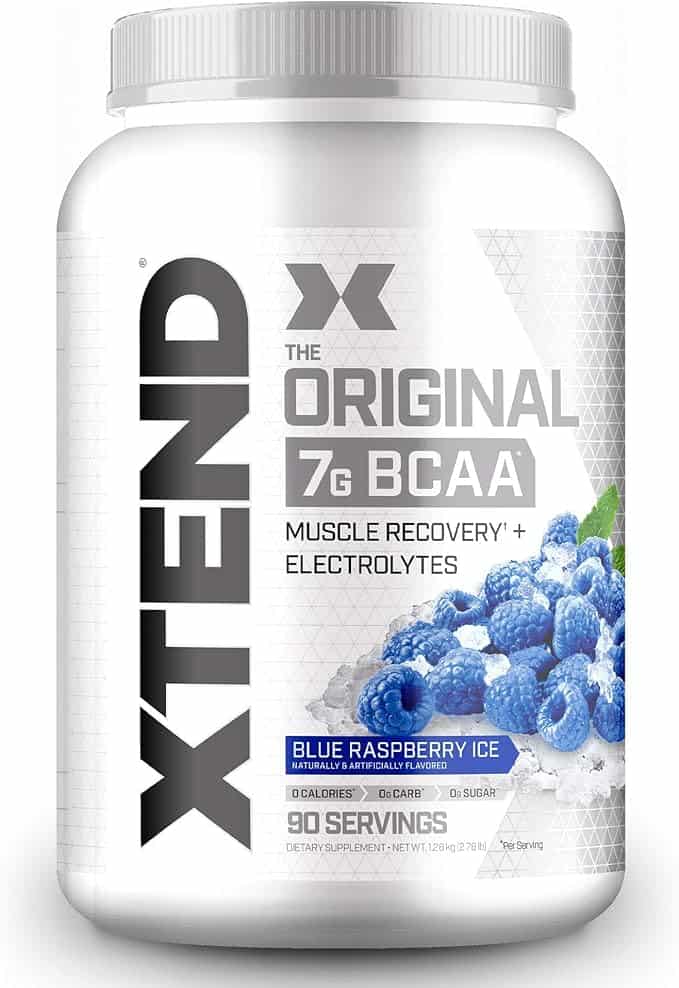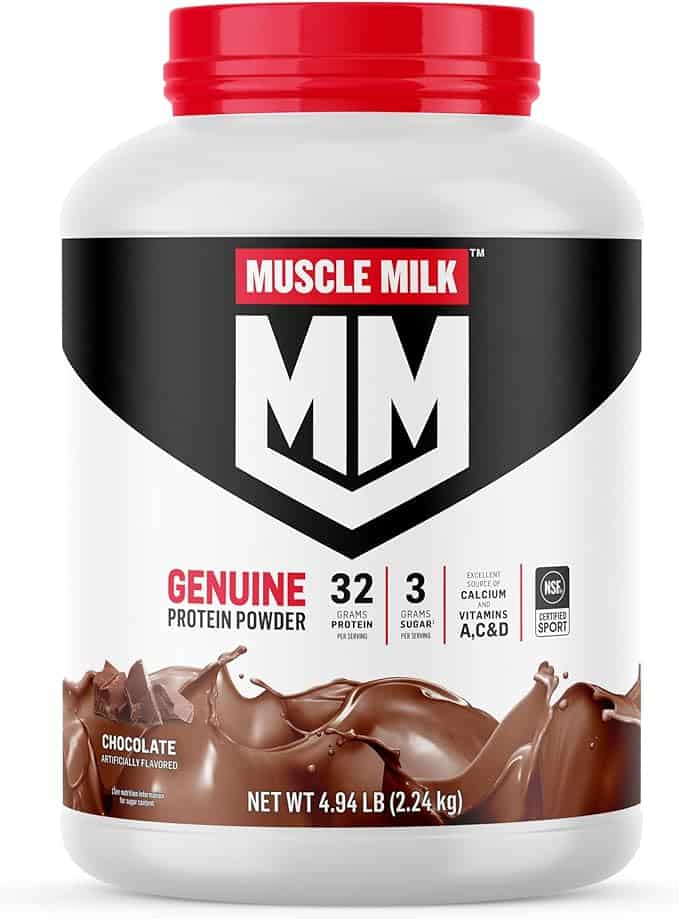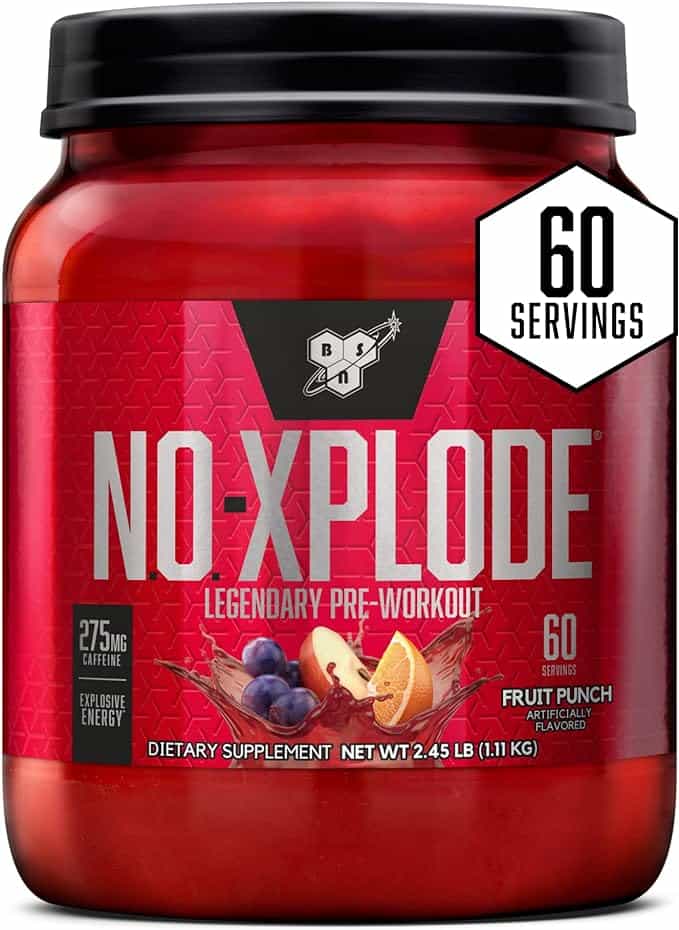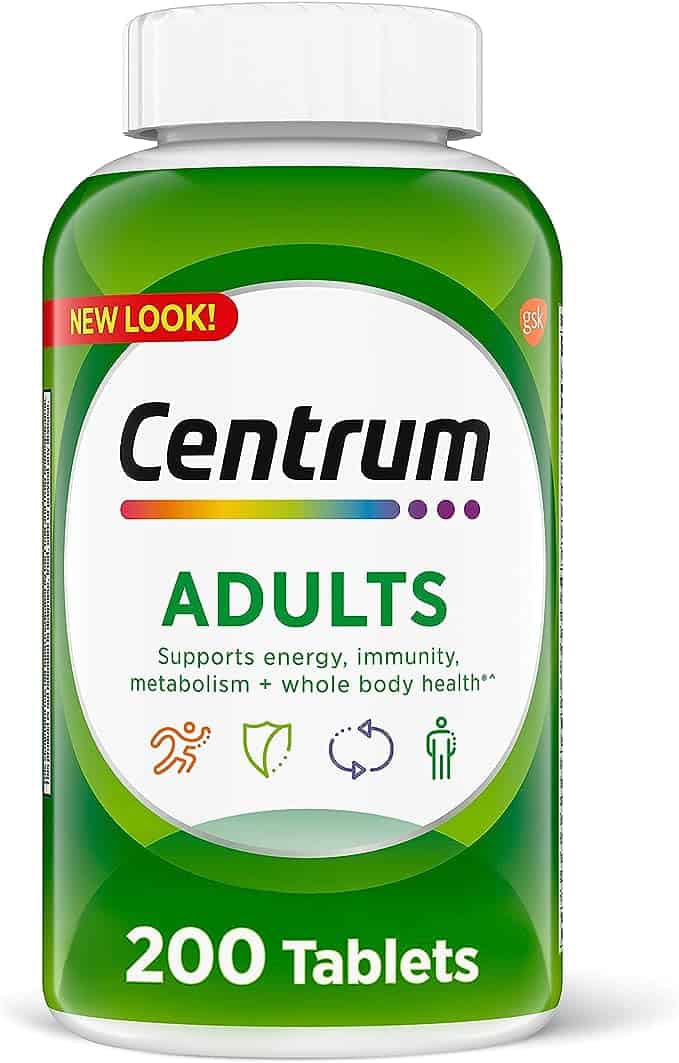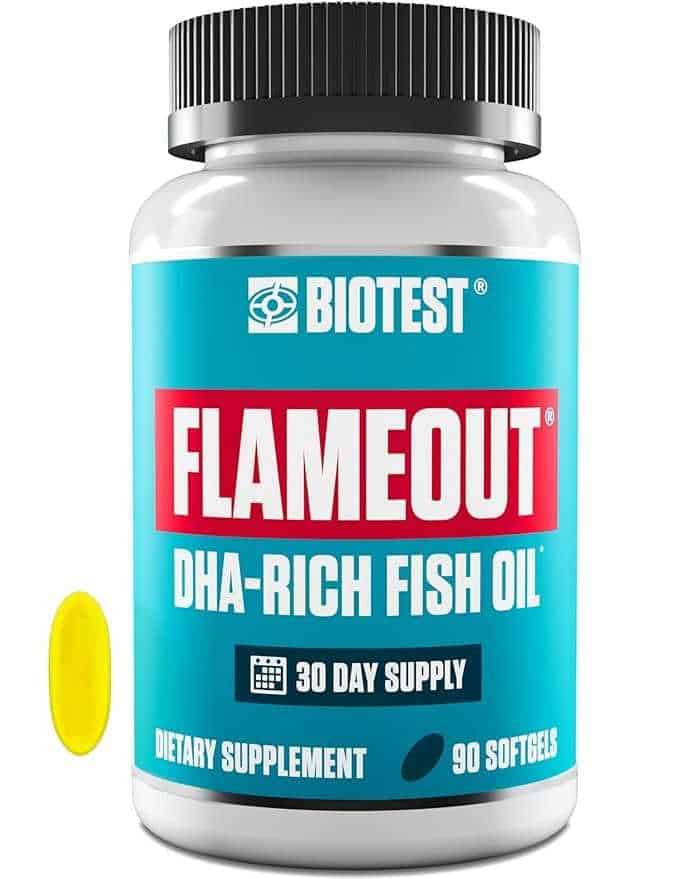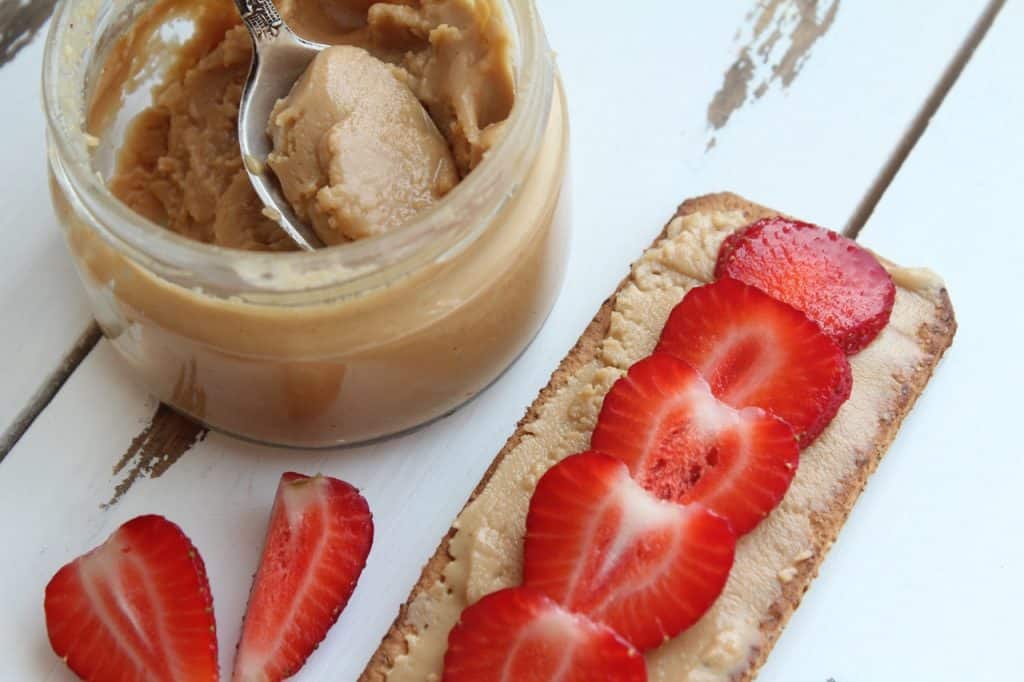
It is hard to meet anyone that doesn’t like peanut butter. The spread has some of the most beautiful tastes, and the way it sticks to the roof of the mouth before it melts for your taste buds is just excellent. Peanut butter defines the term delicious in a unique way.
But the question that many peanut butter lovers’ has on their minds is whether it is healthy. How does peanut butter help our bodies? We explore these questions below.
So what is in peanut butter?
The main ingredient in peanut butter is roasted peanuts that are ground into a paste. However, there are different brands with added ingredients. Commercial brands can include trans-fats, vegetable oil, and sugar.
Is peanut butter high in carbs?
If you are among the people relying on a low carb diet, then peanut butter should feature in your diet says this Health Review website. Furthermore, peanut butter is very low in sugar and does not cause any rise in blood sugar. Therefore, it is appropriate for those who have diabetes type 2.
Is peanut butter good source of proteins?
Peanut butter contains all the necessary nutrients that you get from a balanced diet. And even though it is a rich source of protein, it is a low in the essential amino acid, methionine. All legumes which include peanuts do not contain sufficient amounts of methionine.
Does peanut butter contain fats?
Of course, the sticky feeling on the roof of the mouth indicates that peanut butter contains fats. However, these fats are not the unhealthy kind.
Specifically, peanut butter contains monounsaturated fats, oleic acid, that forms up to 50% of the fats. This type of fat is the same that you find in olive oil. And it has various benefits. For example, oleic acid increases insulin sensitivity in your body system.
Also, a few studies suggest that high consumption of omega-6 fatty acids, and which peanut butter contains, can increase the risk of inflammation. However, these results are not convincing to all scientists. A few more studies show that linoleic does not increase the risk of inflammation.
Does it contain minerals and vitamins?
Peanut butter is rich in some of the essential minerals that your body needs. For example, it contains Zinc, potassium, iron, vitamin B5, and selenium. Others include manganese, folate, vitamin B6 and Vitamin E.
Does peanut butter contain antioxidants?
And like most of the healthy foods that you take, peanut butter contains antioxidants such as p-coumaric acid, which has been shown to diminish arthritis in rats. The food also contains resveratrol, which reduces the risk of heart disease in animals.
So does peanut butter contain any harmful substances?
Despite all the benefits associated with peanut butter, there are also some risks associated. Typically, peanut butter contains a high amount of aflatoxins. And even though human beings may be immune to the immediate effects of aflatoxins, it is unclear what the long term effects are.
Various studies have indicated a possible link between aflatoxins and stunted growth in children as well as liver cancer. However, this should not worry you. In fact, some studies show the processing of peanuts into butter reduces the number of aflatoxins by up to 89%.
The benefits of peanut butter far out weight the slight chance that one of its ingredients might be linked to a few negative experiences in mice.
Tags: eat, food, nutrition, nuts, nutter butter, peanut butter, peanut facts, peanuts





